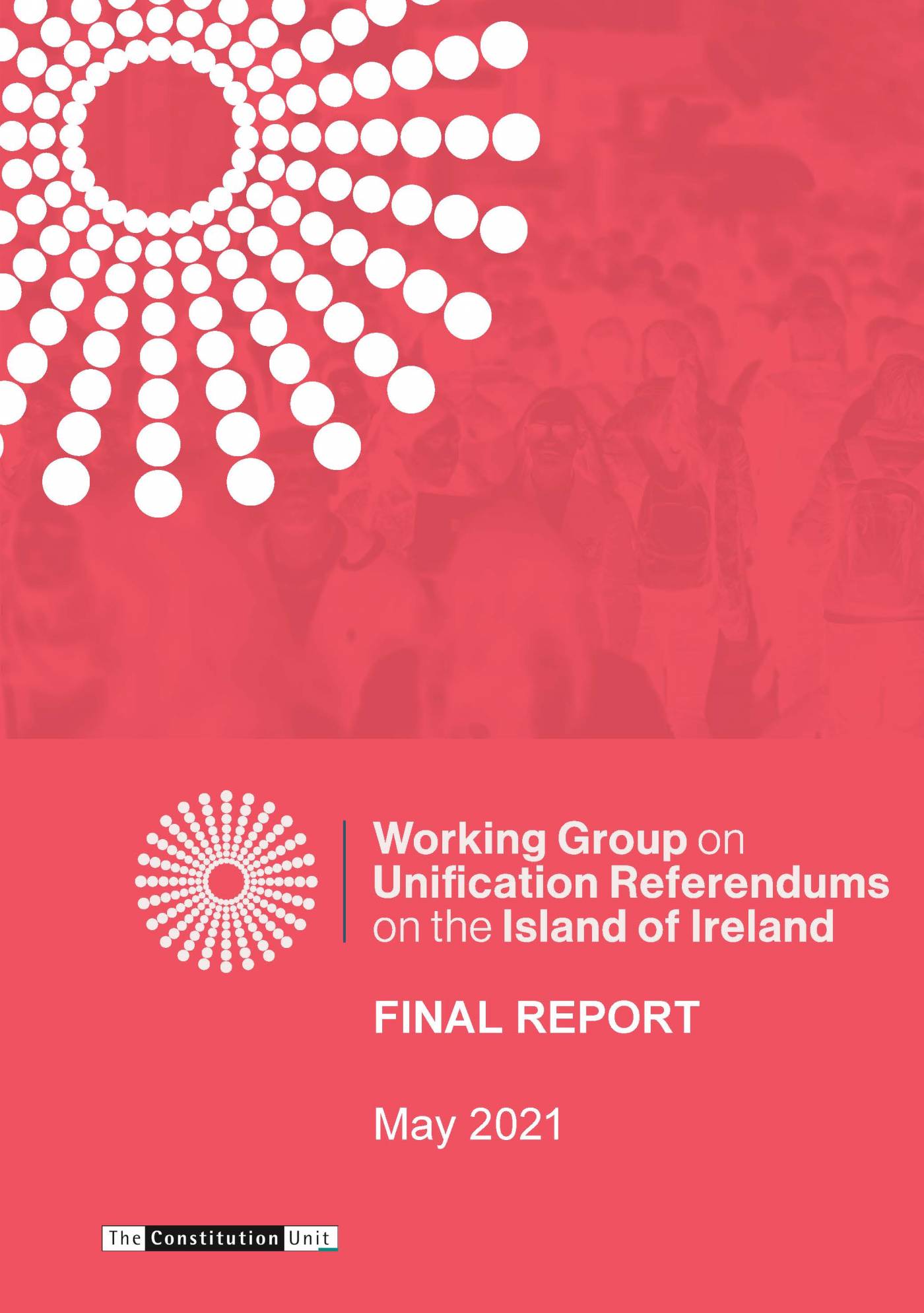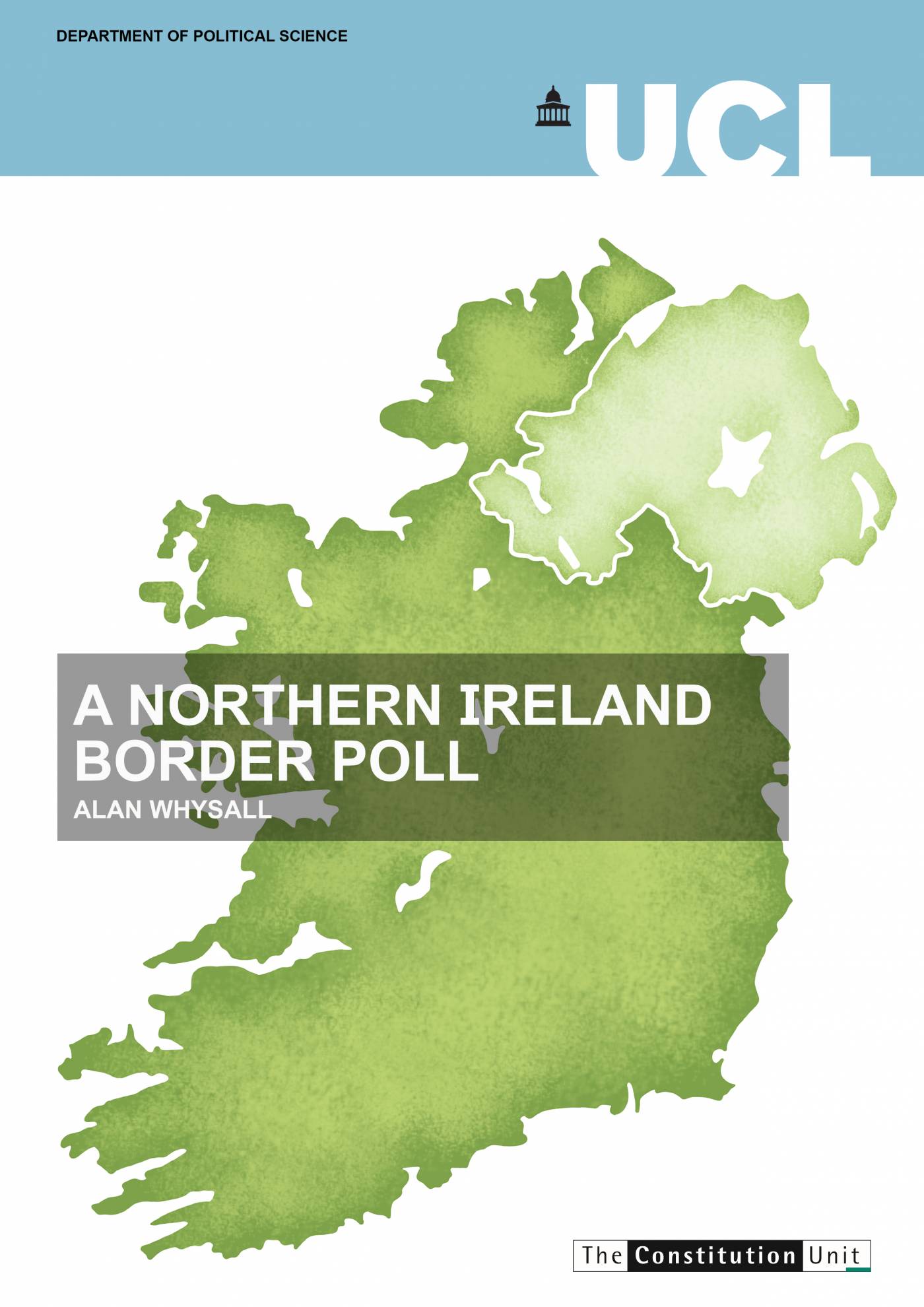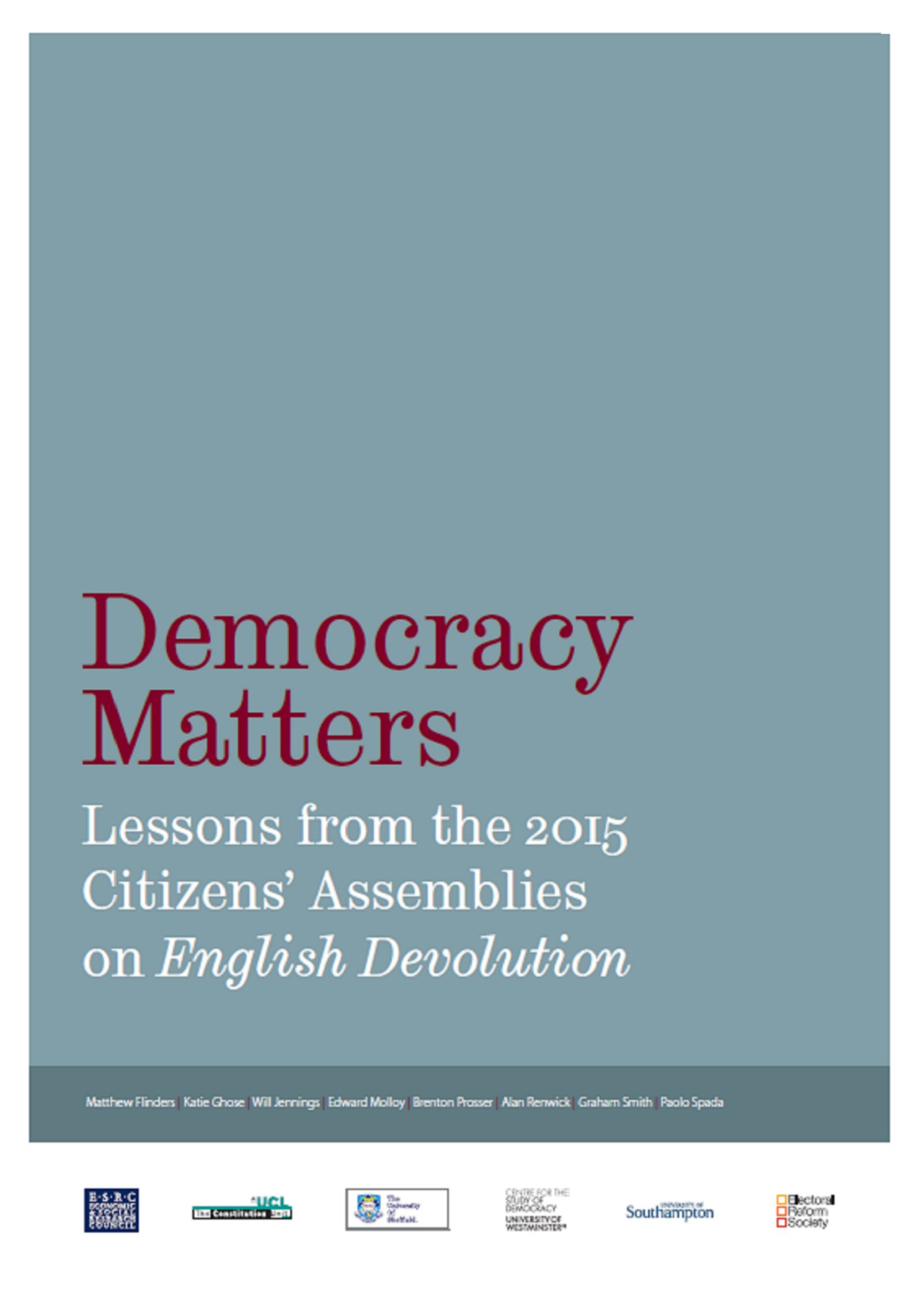A project examining the future of power-sharing government in Northern Ireland.

With the 1998 Belfast/Good Friday Agreement now a quarter of a century old, this project looks at the state of Northern Ireland politics. It asks whether and how the power-sharing arrangements that the Agreement established can survive – and who must step up to ensure that they do so.
Led by Alan Whysall, the project has produced two reports to date. These address different aspects of the overall challenge, and are best read in parallel. They are designed to be accessible to all audiences, including those who know a great deal about Northern Ireland, and – with the crucial London role in mind – those who do not.
Report 1: Northern Ireland's Political Future
The project’s first report – which takes the form of a discussion paper – was published immediately following the elections to the Northern Ireland Assembly in May 2022. It asks whether the 1998 Agreement is still the template for stable government in Northern Ireland. It argues that there is no other plausible framework for constructive politics, but that the Agreement needs renewal.
It argues that attention is needed, not just to re-establishing the Executive, but also to ensuring that the power-sharing government delivers – its performance so far has been patchy. The underpinnings of the Agreement also need to be rejuvenated, for example by efforts to reduce sectarian division and ensure that politics is free of paramilitary influence. A strengthened London–Dublin relationship is also needed. And the report particularly highlights the crucial role to be played by the government in London.
Report 2: The Agreement at 25
The second report, published to coincide with the 25th anniversary of the signing of the Belfast/Good Friday Agreement in April 2023, begins by addressing longer-term issues, notably around the constitutional status of Northern Ireland, between Union with Great Britain and Irish unity. With the polarisation of politics over Brexit and the Protocol, the debate on these issues has become binary: there is little room for pursuit of consensus.
While polling and election results suggest that support for Irish unity has increased in Northern Ireland, a majority for unity in the near future seems unlikely. The swing constituency in a vote on unity seems likely to be supporters of the Alliance Party and ‘soft’ nationalists. But political unionism is largely at present talking only to its own base. It could develop arguments that might once again expand support for the Union, but is not currently doing so.
There has been a great surge of activity around the case for Irish unity, and much debate: but at a high level of generality, and without addressing difficult questions about how to get Irish unity, and what a unified state would look like. When those questions start to receive attention, doubts may grow, north and south, about the wisdom and practicality of early constitutional change by a slender majority.
The report concludes that early constitutional change is unlikely, and may not resolve Northern Ireland’s problems if it came about. Meanwhile, the Belfast/Good Friday Agreement remains in danger of withering away.
Early action is needed to revive it, starting with the restoration of effective Agreement institutions. But the action does not at all finish there: as discussed in the first report, a comprehensive programme is needed to restore the underpinnings of the Agreement. And as before, London, in close partnership with Dublin, has an important role to play in reviving the Agreement, along with the hope and momentum that it generated.
 Close
Close






